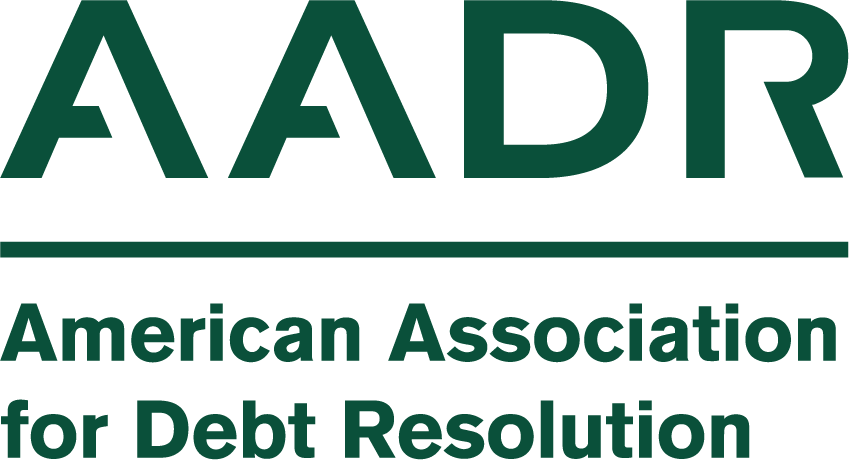By Natalia Brown
Black history in the United States often is written or taught by people who did not live it. And their writing often exclusively focuses on the very real atrocities inflicted on this community — my community. While those facts are important to learn and know, it is as important to understand the many ways Black Americans have triumphed. Those are the stories that will lift up my community and help us prosper.
For example, did you know:
- A 2020 National Center For Education Statistics study determined that Black women are among the most educated groups in the United States. Data from 2018 indicate that, annually, 35% of Black women in the United States earned degrees. That number is on par with the percentage of all Americans who have college degrees.
- Black Americans are, quite literally, building the U.S. economy from the ground up. Black entrepreneursown 15% of U.S. microbusinesses, and Black women own 68% of them.
- The National Community Reinvestment Coalition found that, from 2019 to 2022, Black households had the largest percentage increase in net worth of all racial groups. Median Black wealth rose 60% to $44,900 in those three years alone.
As a top executive at a financial services firm, I have some ideas about how we can boost these impressive numbers even further.
Fuel your financial literacy
Lack of financial literacy is holding back all Americans, regardless of race. Ramsey’s 2023 Financial Literacy Crisis in America report found 88% of U.S. adults said high school did not fully prepare them for how to handle money. Almost three quarters of Americans admitted that in the years after high school they were stressed about money.
While organizations like the Council for Economic Education are fighting to expand students’ access to basic financial and economics education, and are equipping families and teachers with tools to help young people learn, developing a personal financial literacy library helped to drive my success.
My favorite books speak to financial freedom and have a strong focus on leadership. They include The Psychology of Money: Timeless Lessons on Wealth, Greed, and Happiness by Morgan Housel. This book helps readers understand a person’s relationship with money is the first step to being financially independent. While the statistics I cited before show the growing economic and educational power of Black Americans, other numbers reveal we have worse outcomes than other groups in some areas. I believe constant improvement and change, along with a strong foundation and focus, are important to financial success. This book helps readers surface the values that should guide how they earn, save, and spend money.
I also love Start with Why by Simon Sinek. While this is a book articulates a successful business mindset, it speaks to the challenges of communicating and reveals how celebrating the success we have had often comes with scrutiny and stereotypes. Start with Why taught me that conversations, even difficult ones, can have positive outcomes if the “why” is clearly stated and understood by both parties.
Both books may be available at your local library or community center, but there also are organizations whose mission is to help Black Americans build generational wealth. NACA has detailed information essential to homeownership, for example.
Remember there is hope even in the face of debt
Debt knows no race, religion, or even income bracket. According to one study from 2020, nearly one-quarter of Americans who earn more than $150,000 a year have less than $1,000 in their bank account, and families with a net worth of $100,000 to $199,999 are much more likely to carry credit card debt.
Whether it is because of an unforeseen medical event, a job loss, or the need to take time off work to care for an ailing family member, debt can happen to anyone.
The debt resolution industry is uniquely positioned to help people who find themselves drowning in credit card, medical, or other forms of unsecured debt. Debt resolution companies work to understand each client and create a unique path to financial freedom for them. That is why companies like National Debt Relief can adjust, adapt, and support families who find themselves struggling financially through no fault of their own.
How do consumers know they have found the right partner for their debt resolution journey?
Look for the AADR seal. The AADR community is comprised of committed financial services providers who want to do what is best for the consumers, and the AADR ensures member companies are compliant, mission driven, and focused on consumers. I am also happy to report that, as an organization, AADR promotes diversity, advances women in leadership positions, and provides support to organizations whose mission is to advance financial education for all.
Black History Month is a time to look back, but it also is a time to look forward and to continue to articulate ways to forge a path to freedom, including financial freedom, for all.
______________
Brown is a member of the AADR Board of Directors and the Chief Compliance and Consumer Affairs Officer for National Debt Relief (NDR), an AADR member. In her role, Brown is focused on representing and advocating for the company’s clients by ensuring NDR upholds and follows best-in-class practices. Brown also serves as a thought leader in personal finance and consumer affairs for the organization, helping to destigmatize debt, offering tools and resources to support the broader debt journey, and promoting NDR’s philosophy of Whole Human Finance.



